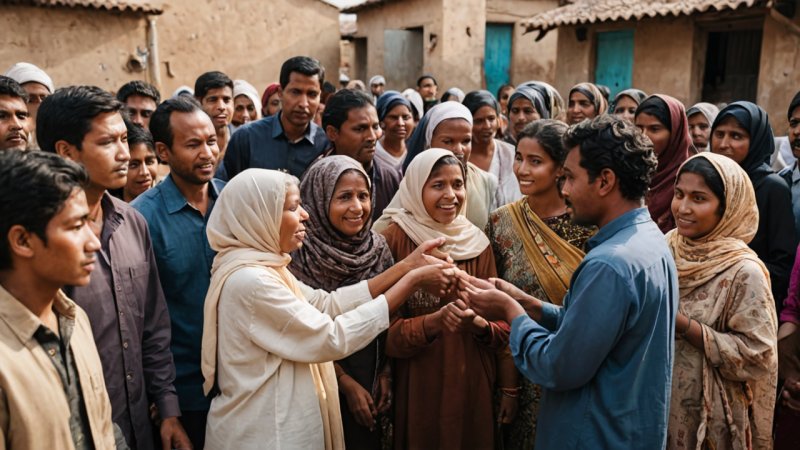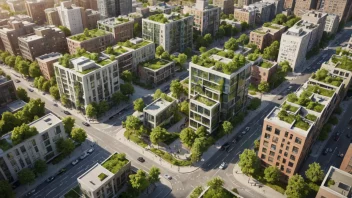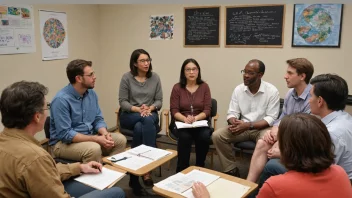Migration has been a fundamental aspect of human history, influencing the development of societies and economies across the globe. As people move from one region to another, they carry with them their cultures, skills, and perspectives, which can significantly transform the social fabric and economic landscape of their new homes. Understanding how migration affects social structures and economies is crucial for policymakers, researchers, and the general public alike. Here, we explore five key ways in which migration impacts these vital areas.
1. Cultural Diversity and Integration
Migration introduces a rich tapestry of cultures into host societies, fostering cultural diversity. This diversity can enhance creativity and innovation, leading to a more vibrant community. However, integration can be challenging:
- Community Engagement: Successful integration often requires active participation from both migrants and locals.
- Education Programs: Schools play a crucial role in teaching cultural sensitivity and fostering understanding among diverse groups.
- Social Events: Community events can celebrate various cultures, promoting unity and shared experiences.
2. Economic Contributions
Migrants often fill essential roles in the labor market, contributing to economic growth. Their impact can be seen in several areas:
- Labor Shortages: Many industries rely on migrant workers to fill gaps in the labor force, particularly in sectors like agriculture, construction, and healthcare.
- Entrepreneurship: Migrants frequently start their own businesses, creating jobs and stimulating local economies.
- Tax Revenue: An increase in the workforce can lead to higher tax revenues, which can be reinvested into public services.
3. Social Networks and Community Building
Migrants often create robust social networks that can benefit both themselves and the host community:
- Support Systems: These networks provide emotional and practical support, helping newcomers navigate their new environment.
- Knowledge Sharing: Migrants bring unique skills and knowledge, which can enhance local industries and community initiatives.
- Intergenerational Connections: Families that migrate often maintain ties to their homeland, fostering a blend of cultural values and practices.
4. Challenges to Social Cohesion
While migration can bring many benefits, it can also lead to tensions within communities:
- Prejudice and Discrimination: Migrants may face hostility or discrimination, which can hinder their integration and economic contributions.
- Resource Strain: An influx of migrants can strain public resources, such as housing, healthcare, and education systems.
- Political Backlash: Migration can become a contentious political issue, leading to divisive rhetoric and policies.
5. Policy Implications
Understanding the impacts of migration on social structures and economies is vital for effective policymaking:
- Inclusive Policies: Governments should create policies that support integration and address the needs of both migrants and locals.
- Data-Driven Decisions: Policymakers must rely on accurate data to understand migration trends and their effects on society.
- Community Involvement: Engaging local communities in the policymaking process can foster understanding and cooperation.
In conclusion, migration plays a significant role in shaping social structures and economies. By fostering cultural diversity, contributing to economic growth, building social networks, presenting challenges to cohesion, and informing policy implications, migration continues to influence our world in profound ways. Understanding these dynamics is essential for creating inclusive societies that benefit from the richness that migration brings.






